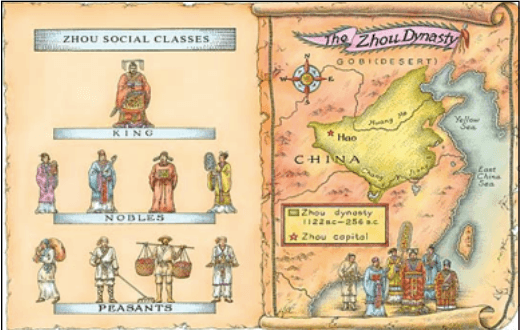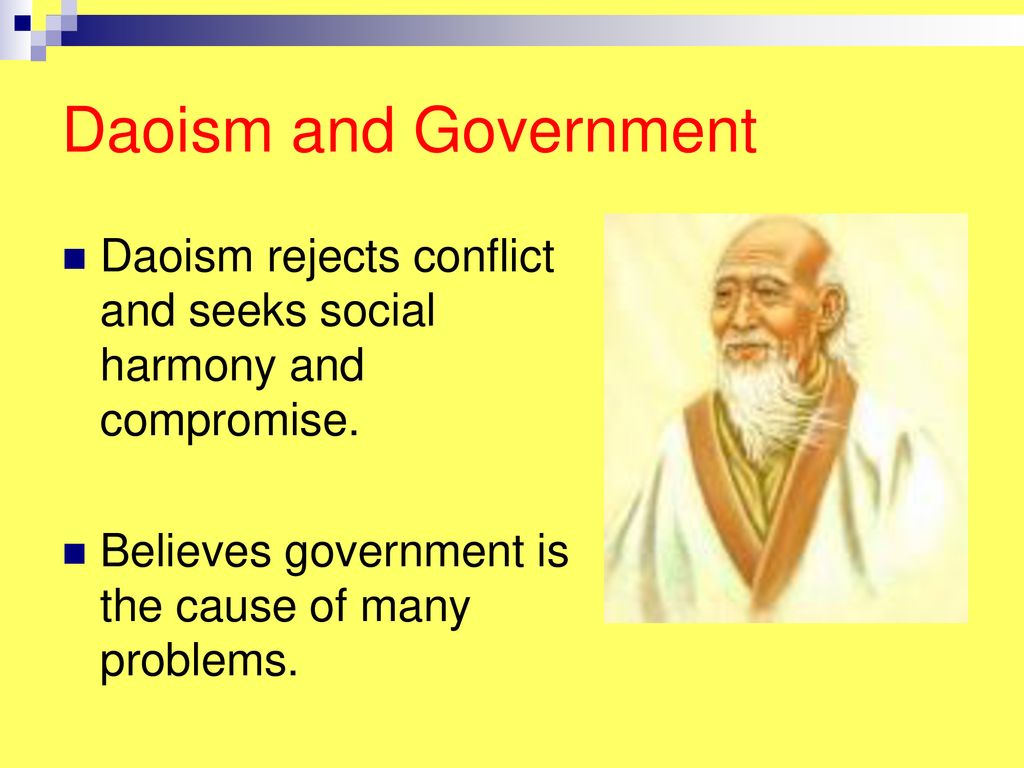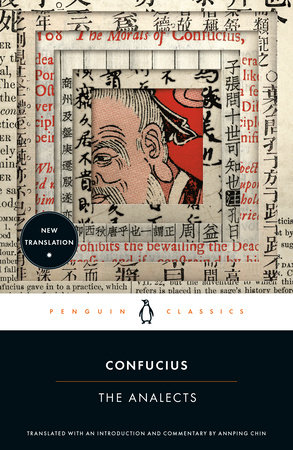a. ethics
b. Confucius
c. lords
c. lords
Ethics & Confucius both relate to Confucianism. Lords does NOT.
Confucius was the most famous Daoist teacher and is credited with writing the basic text of Daoism, The Way and Its Power.
True or False?
False:
Laozi was the most famous Daoist teacher and is credited with writing the basic text of Daoism, The Way and Its Power.

The _________ were longest lasting Chinese dynasty.
a. Confucius
b. Legalists
c. Zhou
d. lords
The (c.) Zhou were longest lasting Chinese dynasty.

___________ had a leader who believed the Chinese needed a return to ethics, or moral values.
a. Confucianism
b. Daoism
c. Legalism
(a.) Confucianism had a leader who believed the Chinese needed a return to ethics, or moral values.
___________ is the belief that people were bad by nature and needed to be controlled through strict punishment.
a. Confucianism
b. Daoism
c. Legalism
(c.) Legalism is the belief that people were bad by nature and needed to be controlled through strict punishment.
a. lords
b. Daoism
c. Laozi
a. lords...again
Laozi was perhaps Daoism's most popular teacher. Lords do NOT relate to Daoism.
Peasants, or farmers with small farms, were at the bottom of the social order during the Zhou Dynasty.
True or False?
True

___________ desired a return to family order and social harmony.
a. Laozi
b. Confucius
c. Legalists
d. Peasants
(b.) Confucius desired a return to family order and social harmony.
___________ stressed the importance of living in harmony with the guiding force of all reality.
a. Confucianism
b. Daoism
c. Legalism
(b.) Daoism stressed the importance of living in harmony with the guiding force of all reality.
___________ basic principles of this belief were written in the text titled, The Way and Its Power.
a. Confucianism's
b. Daoism's
c. Legalism's
(b.) Daoism's basic principles of this belief were written in the text titled, The Way and Its Power.

a. peasants
b. lords
c. Legalism
c. Legalism
Peasants and lords were both social classes in Zhou China, Legalism was NOT.
Daoism was the belief that people were bad by nature and needed to be controlled through strict laws and punishments.
True or False?
False:
Legalism was the belief that people were bad by nature and needed to be controlled through strict laws and punishments.
___________ were people of high rank who received land from the king in exchange for their loyalty.
a. Peasants
b. Legalists
c. The Analects
d. Lords
(d.) Lords were people of high rank who received land from the king in exchange for their loyalty.

Though not at first, ___________ eventually became the guiding force and eventual dominant belief in human behavior and religious understanding in China.
a. Confucianism
b. Daoism
c. Legalism
Though not at first, (a.) Confucianism eventually became the guiding force and eventual dominant belief in human behavior and religious understanding in China.
Students of ___________ wrote the ideas of their most influential teacher into a book called The Analects.
a. Confucianism
b. Daoism
c. Legalism
Students of (a.) Confucianism wrote the ideas of their most influential teacher into a book called The Analects.
Confucianism stressed living in harmony with the Dao, the guiding force of all reality.
True or False?
False:
Daoism stressed living in harmony with the Dao, the guiding force of all reality.

___________ were the lowest social class who farmed noble lands in addition to their own small plot.
a. Peasants
b. Lords
c. Ethics
d. Laozi
Peasants were the lowest social class who farmed noble lands in addition to their own small plot.

___________ was a political philosophy WITHOUT religious concerns.
a. Confucianism
b. Daoism
c. Legalism
(c.) Legalism was a political philosophy WITHOUT religious concerns.
The followers of ___________ urged that the state/government always be prepared for war.
a. Confucianism
b. Daoism
c. Legalism
The followers of (c.) Legalism urged that the state/government always be prepared for war.

Moral values can also be referred to as ___________.
a. Confucianism
b. ethics
c. Daoism
d. Legalism
Moral values can also be referred to as ethics.

___________ is a belief that regard humans as part of nature and that we should act like water and simply flow in a natural way.
a. Confucianism
b. Daoism
c. Legalism
(b.) Daoism is a belief that regard humans as part of nature and that we should act like water and simply flow in a natural way.

___________ wanted government to stay out of people's lives.
a. Confucianism
b. Daoism
c. Legalism
(b.) Daoism wanted government to stay out of people's lives.

